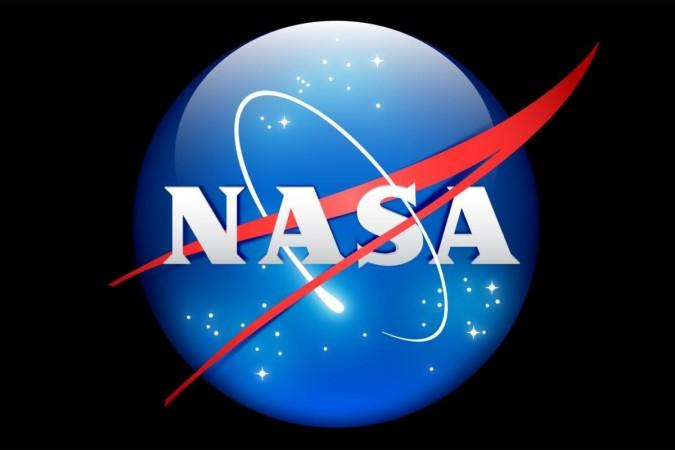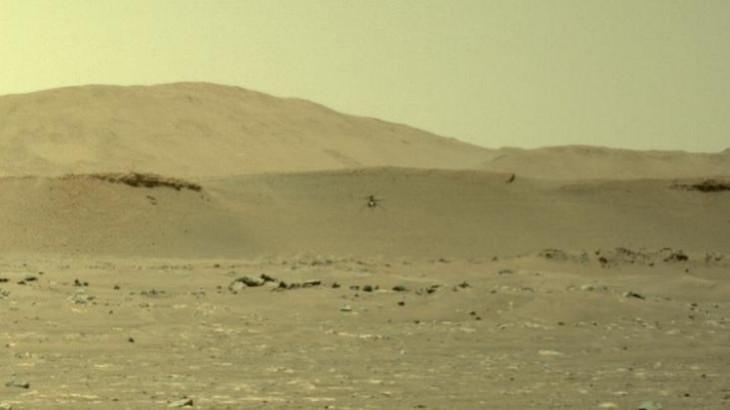Even as Russia's military invasion of Ukraine has sparked criticism and invoked several sanctions, it is unlikely to affect its longstanding space partnerships with the US, NASA has said
The US space agency has asserted that civil cooperation between the US and Russia in space, particularly with regard to the International Space Station (ISS), will continue, Space.com reported.

NASA and Russia's state space corporation, Roscosmos, jointly operate the ISS. The orbiting space lab currently has two Russian cosmonauts, one European astronaut and four Americans.
On February 24, Russia invaded Ukraine leading to sanctions by the US "on what can be exported to Russia."
"NASA continues working with all our international partners, including the State Space Corporation Roscosmos, for the ongoing safe operations of the International Space Station," NASA spokesperson Joshua Finch said in an emailed statement to Space.com.
"The new export control measures will continue to allow U.S.-Russia civil space cooperation. No changes are planned to the agency's support for ongoing in orbit and ground station operations," it added.

Earlier in a public, televised statement, President Joe Biden discussed the new sanctions.
"We estimate that we'll cut off more than half of Russia's high-tech imports. That will strike a blow to their ability to continue to modernize their military. It'll degrade their aerospace industry, including their space program," Biden said.
Although his statements did not directly mention the space collaboration between the two countries, Dmitry Rogozin, the director of Roscosmos, posted a thread of tweets raising assumption that the new sanctions will interfere with the two nations' space partnerships, the report said.
"Do you want to destroy our cooperation on the ISS?" Rogozin tweeted in Russian (translated with Twitter translate).
"If you block cooperation with us, who will save the ISS from uncontrolled deorbiting and falling into the United States or Europe? There is also the option of dropping a 500-tonne structure to India and China. Do you want to threaten them with such a prospect? The ISS does not fly over Russia, so all the risks are yours. Are you ready for them?" Rogozin added.
NASA and Roscosmos have been working together on the ISS for nearly three decades now.
They coordinated on Russia's former Mir space station, swapped seats on NASA's Space Shuttle and Russia's Soyuz rocket, and even worked together during the Apollo era on the Apollo-Soyuz test project, The Verge reported.
"NASA continues working with the State Space Corporation Roscosmos (Roscosmos) and our other international partners in Canada, Europe, and Japan to maintain safe and continuous International Space Station operations," said Finch in an emailed statement to the Verge, a few hours before the invasion began.
"NASA and its international partners have maintained a continuous and productive human presence aboard the International Space Station for more than 21 years," he added.









!['Had denied Housefull franchise as they wanted me to wear a bikini': Tia Bajpai on turning down bold scripts [Exclusive]](https://data1.ibtimes.co.in/en/full/806605/had-denied-housefull-franchise-they-wanted-me-wear-bikini-tia-bajpai-turning-down-bold.png?w=220&h=138)



